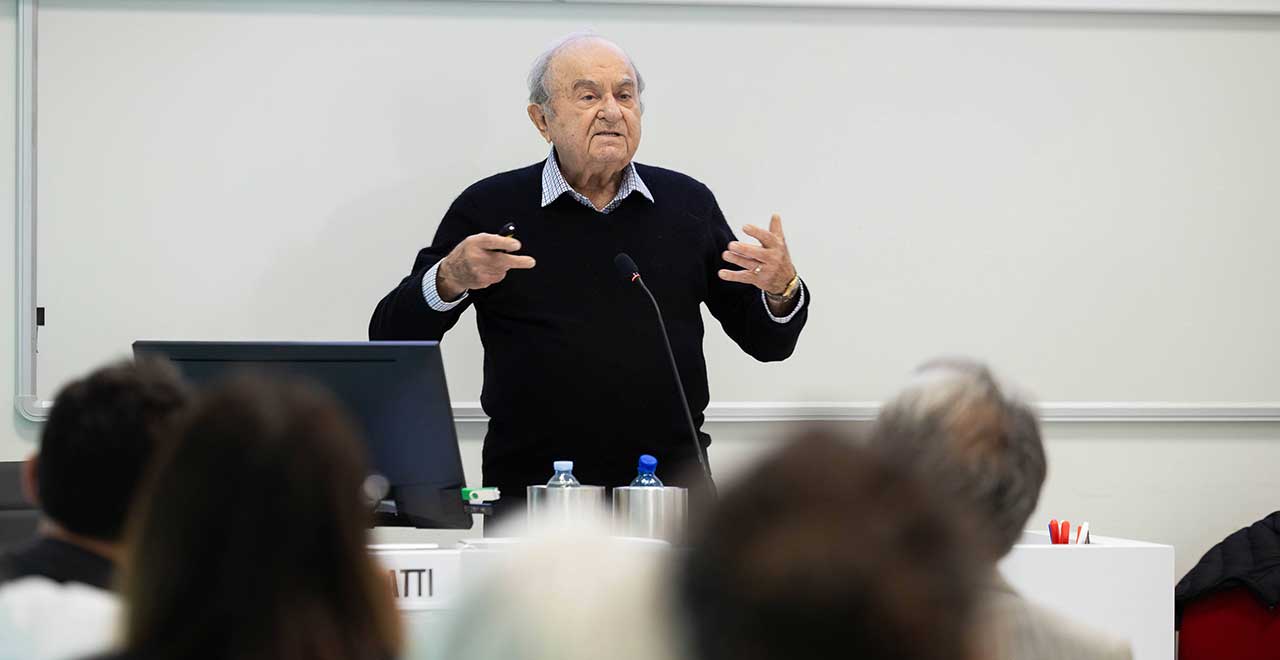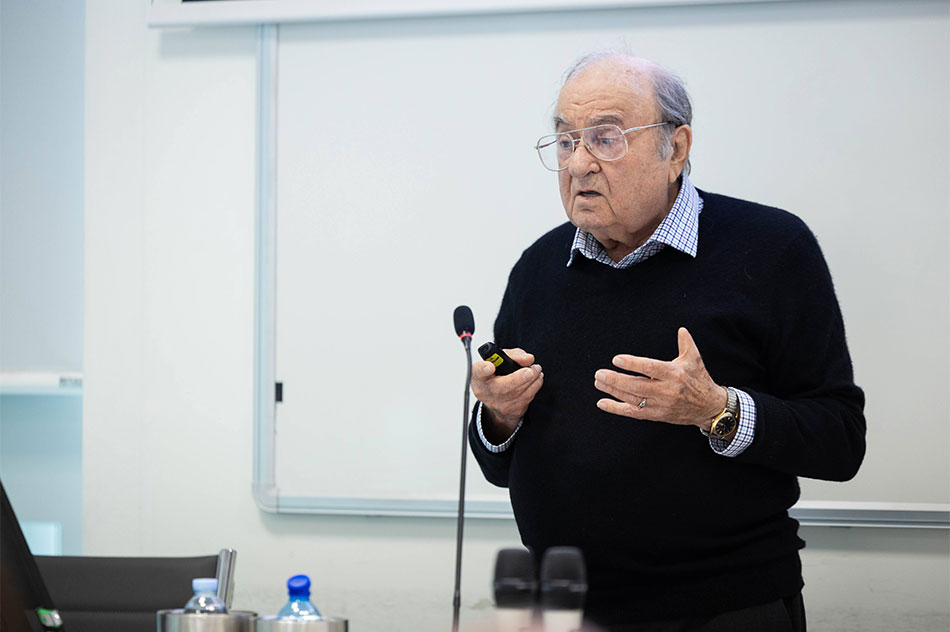Whether chemical, textile, energy or IT, all industries are dominated by one or a few companies that decide the fate of the market. Making them successful are technological innovations by virtue of which, in addition to making monopoly profits, they are able to set prices, influence production and even suppress potential competitors. It is the “market power of technology,” a “permanent feature of laissez-faire capitalism” that has marked all phases of American industrialization since 1870. A process that, while it brings advantages and benefits, also generates economic disparities in income distribution and monopoly positions that eat into shares of labour and capital to the point of undermining democracy itself.
The implications that such a mechanism, which is by no means balanced, has on the entire economic system are the subject of the analyses gathered by the U.S. economist Mordecai Kurz in his latest book “The Market Power of Technology: Understanding the Second Gilded Age” (Columbia University Press). A guest of Università Cattolica del Sacro Cuore, Professor Emeritus of Economics at Stanford University expounded his theses during the ninth annual lecture from the Complexity Lab in Economics (CLE) titled “Technology-Based Market Power”, promoted in collaboration with the Department of Economics and Finance of the University. “Professor Kurz’s studies, conducted in various fields of economics with particular originality in raising relevant questions, fully reflect the research spirit of our Centre, which is dedicated to investigating applications of complexity science to economic models,” explained Domenico Delli Gatti, CLE Director. The speaker was presented by Maurizio Motolese, Professor of Economic Policy and a student of the American scholar, reminding Professor Kurz’s strong ties with Milan and in particular with Università Cattolica, where over the years he has held several meetings and seminars.





